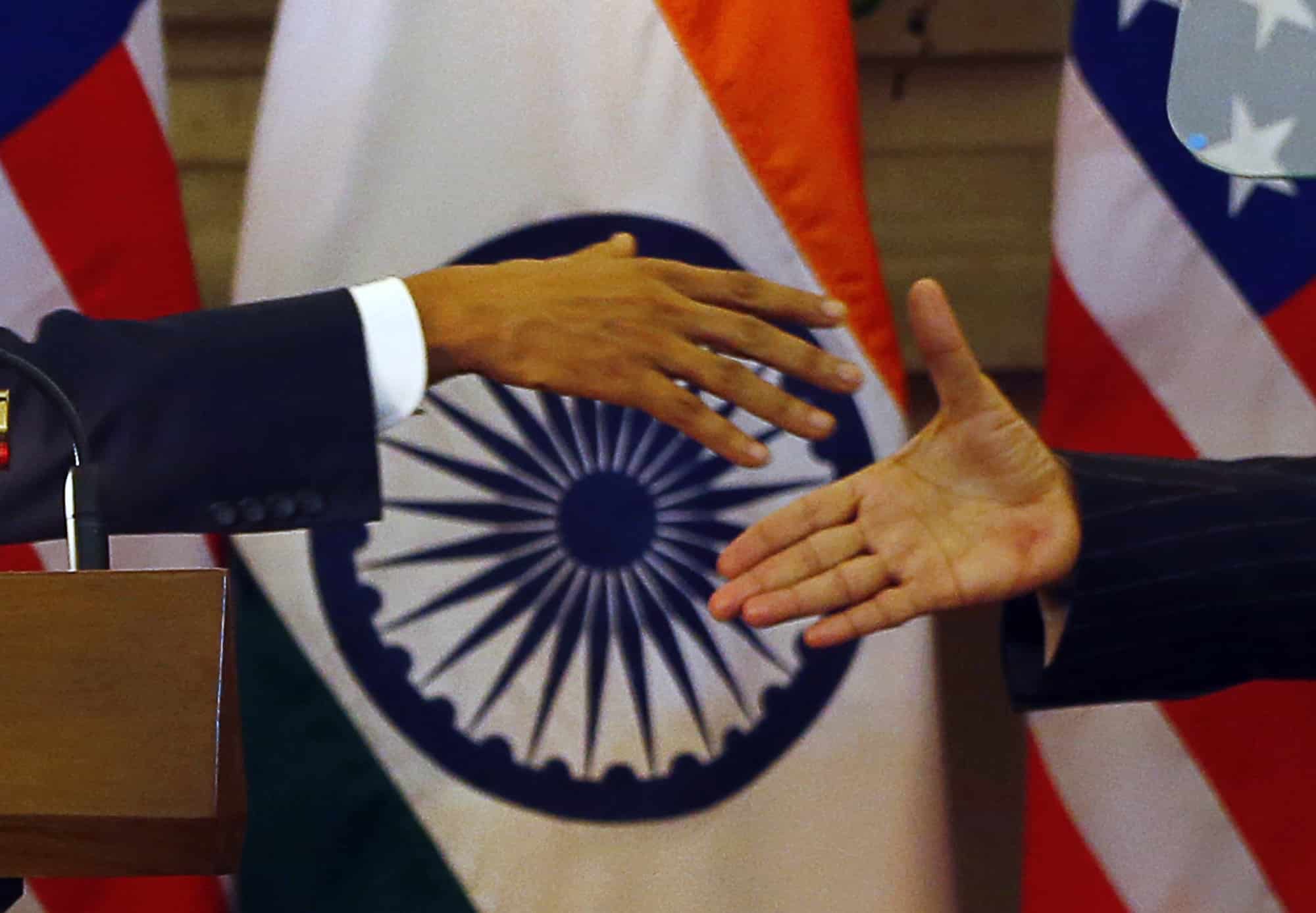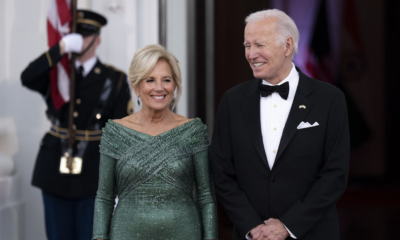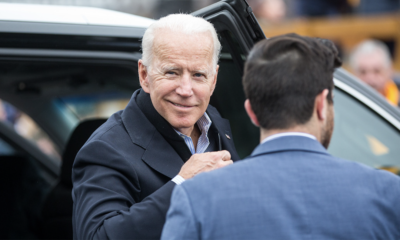Business
US-India partnership to broaden in 2021, reflect on additional areas of cooperation: Biswal
The US-India partnership has continued to be strong and vibrant, and 2021 will provide important opportunities to broaden and deepen this, believes US India Business Council president Nisha Desai Biswal.Despite the fact that the US and India weren’t able to see a mini-trade deal launched, Biswal said both nations did see that the robust strategic partnership was continued to be advanced throughout the year.
“Be it the defence ties, close coordination between the US and India on regional and global challenges, the third 2+2 ministerial or furthe strengthening of the QUAD grouping (India, the US, Japan and Australia) in the Indo-Pacific, the bilateral has continued to strengthen,” she noted. “Unfortunately, we haven’t seen the same level of progress on the trade front. That is something that both countries will need to reflect on. 2021 perhaps would provide some important opportunities to broaden the US-India partnership, continue the deepen strategic convergence, and broaden the partnership to reflect on some additional areas of opportunity.”
Biswal highlighted that both countries made some significant progress on a number of policy issues which support increased trade and investment in the US-India corridor. “This has been an important year for advancing a number of key economic reforms. However, it is unfortunate that the two nations were not able to sign the trade deal, despite having put a lot of time and efforts,” she said. “As time goes on, new issues emerge and then the expectations and the parameters that perhaps would have made the deal doable for one side are no longer the same as what the other side would need or wanted.”
Also Read: Yayzy app calculates carbon footprint of user’s spending
The USIBC president hopes that the two governments after January 20, when Joe Biden takes oath as US President, can quickly try to put a lid on and say, “okay, we got this done. Now let’s think about where we want to go in this relationship.”
The US remained India’s top trading partner for the second consecutive fiscal in 2019-20, with bilateral trade between the two countries standing at US$88.75 billion, as against US$87.96 billion in 2018-19.












































